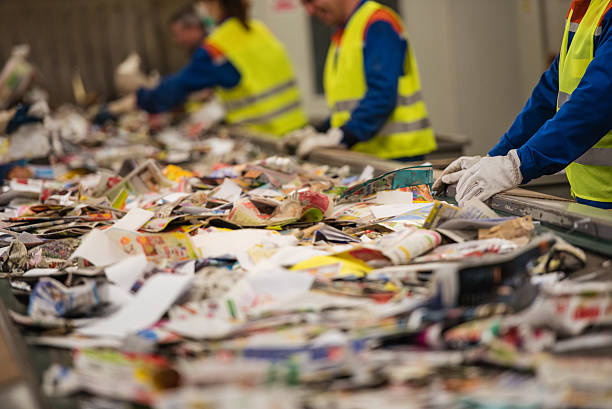Sustainable Practices: Local Waste Management
As the world grapples with the growing environmental crisis, sustainable waste management practices have become essential in reducing our ecological footprint. Communities worldwide are adopting innovative methods to handle waste responsibly, ensuring minimal environmental harm. In St Kilda, Victoria, the push for sustainable practices in local waste management is gaining momentum, with numerous initiatives promoting environmental stewardship and reducing waste. This article explores the importance of sustainable waste management practices and highlights how the local waste-management service in St Kilda, Victoria, is leading the charge in this crucial effort.
The Importance of Sustainable Waste Management
Additionally, sustainable practices in
waste management enhance public health by reducing pollution and minimizing the
spread of diseases. Proper waste disposal prevents the contamination of water
sources and soil, ensuring a healthier living environment for communities.
Lastly, sustainable waste management practices can stimulate economic growth by
creating jobs in recycling, composting, and other waste management sectors.
Local Waste-Management Service
St Kilda, Victoria, has emerged as a
model for sustainable waste management. Its local waste-management service
plays a pivotal role in promoting environmentally friendly practices. The
service emphasizes reducing, reusing, and recycling waste, aligning with global
sustainability goals.
One key initiative implemented by the local waste-management
service in St Kilda is promoting source separation. Residents are
encouraged to segregate their waste into different categories, such as
recyclables, organic waste, and general waste. This practice simplifies the
recycling process and ensures that more materials are recovered and reused. The
service provides residents with colour-coded bins to facilitate easy
separation, making it convenient for households to participate in sustainable
waste management.
Recycling Programs
The local waste management service
also collaborates with businesses and schools to promote recycling. Educational
campaigns are conducted to raise awareness about the importance of recycling
and provide guidance on proper recycling practices. By involving the entire
community, St Kilda's waste management service ensures that recycling becomes a
collective effort, fostering a culture of sustainability.
Organic Waste Management
Another significant aspect of
sustainable waste management is appropriately handling organic waste. The local
waste-management service in St Kilda encourages residents to compost their organic
waste. By composting, we can significantly decrease the amount of waste in
landfills while generating nutrient-dense compost that enhances soil quality in
both gardens and farms.
The local waste-management service
offers compost bins and workshops on composting techniques to support
composting efforts. Residents are educated on the benefits of composting and
how to create effective compost piles. This initiative reduces waste and
promotes sustainable gardening practices, contributing to the overall environmental
health of the community.
Sustainable waste management practices
are essential for creating a healthier, more sustainable future. In St Kilda,
Victoria, the local waste-management service leads by example, implementing
innovative and effective strategies to reduce waste and promote recycling. St
Kilda is making significant strides toward a more sustainable and
environmentally friendly waste management system by encouraging source
separation, supporting recycling programs, and promoting composting.
As communities worldwide seek to
address the environmental challenges of our time, the initiatives undertaken by
the local waste-management service in St Kilda, Victoria, serve as a valuable
blueprint for sustainable waste management. Through collective efforts and a
commitment to sustainability, we can reduce our ecological footprint and
protect our planet for future generations.




Comments
Post a Comment